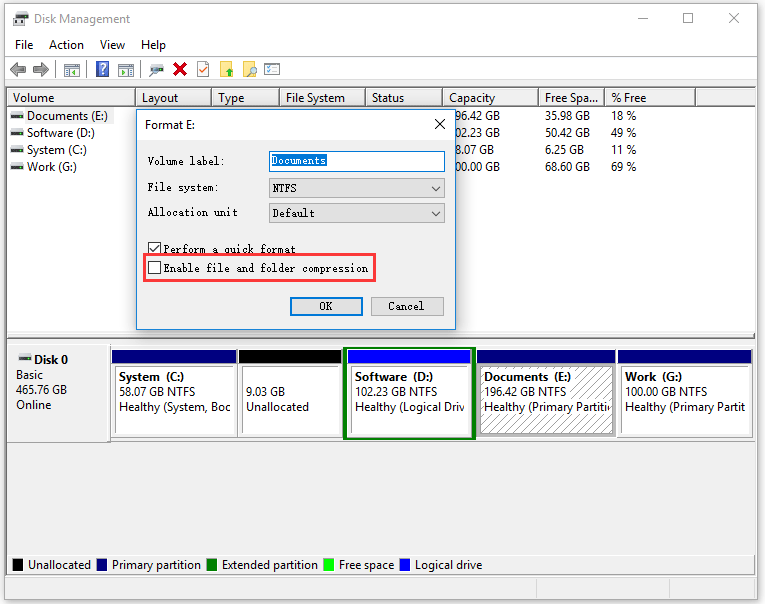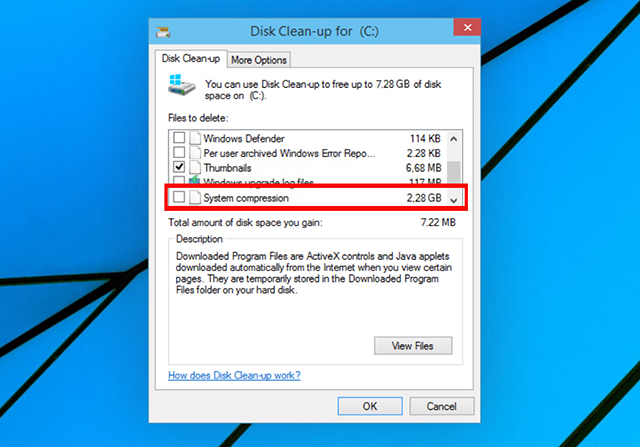

For example, if you compress a drive full of. If the drive contains files that are already compressed or just don’t compress well, you won’t save much space. It depends on the types of files you’ll be compressing. So is it worth it? That’s a good question, and there’s no ironclad answer. Even if you’re just copying a file to another folder, the computer has to load the compressed file, decompress it, move it to the other folder, and compress it again it before writing it to the drive. However, it certainly slows down write operations. On a computer with a fast CPU but a slow hard drive, reading a compressed file might actually be faster. However, that compressed file is smaller on the disk, so your computer can load the compressed data from disk faster. When you load a compressed file, the CPU has to do more work decompressing it. Will it slow file access times down? Well, that depends. Windows handles the compression in the background. In other words, you’ll still be able to access all the files on your drive normally after flipping this option. NTFS compression works similarly to other types of compression, like zipping a file. The option in a drive’s properties window–open File Explorer or Windows Explorer, right-click a drive, and select “Properties” to find it–allows you to apply NTFS compression to all the files on a drive and all the files you add to it in the future. Windows uses the NTFS file system, and NTFS has a built-in compression feature that allows you to compress individual files and folders. But how much disk space will you save, and what’s the catch? This Option Uses NTFS Compression Open a drive’s properties window, and you’ll see an option to “compress this drive to save disk space” on Windows.

Since 2011, Chris has written over 2,000 articles that have been read nearly one billion times-and that’s just here at How-To Geek.
Disk compression windows 10 tv#
Chris has written for The New York Times, been interviewed as a technology expert on TV stations like Miami’s NBC 6, and had his work covered by news outlets like the BBC. He’s written about technology for over a decade and was a PCWorld columnist for two years. Chris Hoffman is Editor-in-Chief of How-To Geek.


 0 kommentar(er)
0 kommentar(er)
